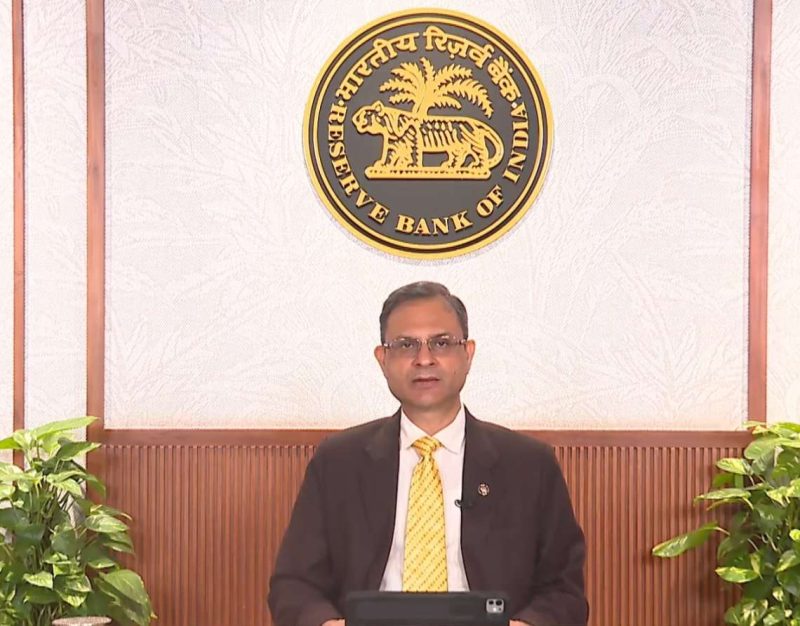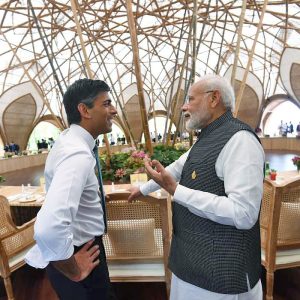According to Nasscom, empirical evidence is also needed for a complex market like India before enacting such a legislation….reports Asian Lite News
As India aims to adopt the Digital Competition Bill to curb anti-competitive practices of Big Tech companies and foster domestic innovation, IT industry’s apex body Nasscom has said that it is also important to strengthen the existing regulatory framework before enacting one more legislation.
In its comments submitted on the Report of the Committee on Digital Competition Law (CDCL) and draft Digital Competition Bill, 2024, the top industry body said that “clear correlation is needed between means and objective of the Digital Competition Bill”.
While there may be an enforcement concern, it is pertinent to examine the resource challenge of the Competition Commission of India (CCI) that looks into anti-market practices of the Big Tech platforms.
“The CCI has faced a shortage of staff since its inception… Further, at the appellate level, i.e., National Company Law Appellate Tribunal (NCLAT), there is no dedicated bench for competition cases, which can add to the delays in hearing competition cases,” the industry body commented.
According to Nasscom, empirical evidence is also needed for a complex market like India before enacting such a legislation.
In India, the complexities of digital markets warranting market studies to determine the efficacy of ex-ante regulations was duly recognised by the CLRC (Competition Law Review Committee).
“Sixteen other jurisdictions that are considering ex-ante regulation to address competition concerns have also undertaken extensive empirical market studies to determine the gaps that need to be plugged by new regulations,” the Nasscom feedback noted.
India, unlike matured markets like the EU, is an emerging economy with a huge scope of innovation and growth for homegrown startups.
“However, the CDCL report does not provide an analysis of how DCB would promote innovation in the Indian context. Nor does it discuss the guardrails DCB must have to ensure it does not stifle innovation/experimentation, given that there is no prior global experience of successful implementation of an ex-ante competition law,” said Nasscom.
Further, it is not clear whether the CDCL considered the future impact of this law on MSMEs and their interface with digital service providers.
The CDCL in March published its report outlining the challenges associated with anti-competitive practices of digital enterprises, proposing a Digital Competition Bill.
The report was open for public consultation and the last date for submission of comments was May 15.
Meanwhile, several homegrown startups have come out in support of the draft Bill which proposes ex-ante regulations to curb anti-competitive practices of Big Tech companies.
“India is fast transforming itself into a young, vibrant, and inclusive digital economy and therefore, extra caution is necessary to ensure that future regulations do not impede this development (like, the growth of Indian startups),” said Nasscom.
The IT industry’s apex body urged the government to look into focused studies and wide consultation, strengthening the DCB framework, and capacity building of the CCI and the NCLAT before adopting an ex-ante law.
ALSO READ: India’s PhonePe Debuts in Lanka














